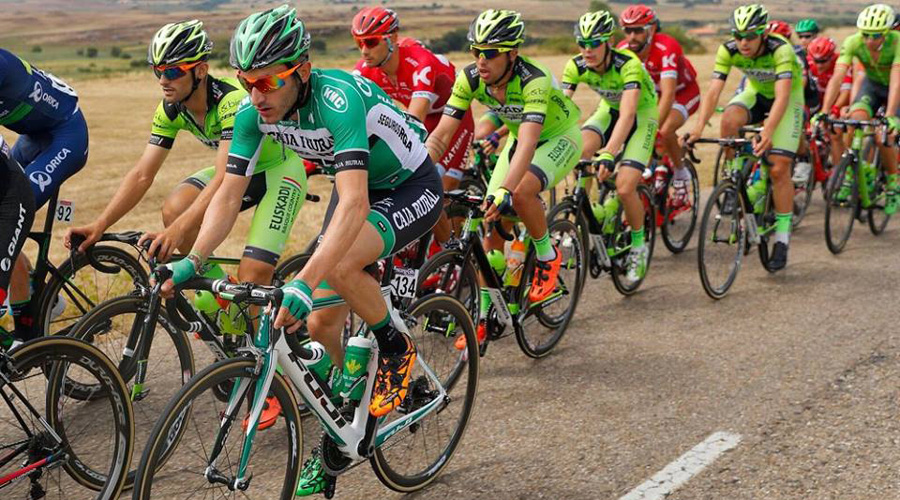By David Clucas
Bike maker Advanced Sports International’s (ASI) move to acquire the nation’s largest independent bicycle retailer, Performance Bicycle, exemplifies the importance brands are placing on the omni-channel marketplace for survival.
It also illustrates how tough retail business is these days — as vendors discover they can’t do it alone.
With the acquisition, ASI, which makes Fuji, SE Kestral, Breezer and Phat Cycles bike brands, not only gains 106 Performance Bicycle physical stores in 21 states but also one of the largest bike online and catalog businesses as well, points out Jay Townley, a partner with bike consulting/research firm Gluskin Townley Group.
“I think ASI made an excellent strategic move,” Townley told SGB Executive. “However, retail is a tough, tough business these days. Of all the sectors impacted by the changing digital landscape, retail has been the hardest hit and is going through a huge transition.”
He said bike brands exploring the direct-to-consumer channels have discovered this reality. Even well-known brands like Dorel’s Cannondale have struggled, Townley said, pointing to the company’s recent decision to close its three Cannondale Sports concept stores in the United States.
That’s not to say established retailers are faring a lot better, he said, noting that Performance Bicycle was known within the industry to be on the sales block for some time, even though they have been one of the best in creating an omni-channel business.
“So the real question is: How do ASI and Performance Bicycle tackle and advance retail in the next 3-5 years,” Townley said. “They’re going to have to have an aggressive approach.”
Vendor/Retail Balance
ASI acquired Performance Bicycle for an undisclosed amount (including a $100 million senior-secured loan from Wells Fargo Capital Finance) from private-equity firm North Castle Partners, which took a controlling stake in the business in 2007 and helped it grow from 74 locations to 106. North Castle, which was represented by Lazard Middle Market Advisory, also recently sold nutritional supplement brand Doctor’s Best Inc. and fitness equipment manufacturer Octane Fitness in the active-lifestyle space.
ASI formed Advanced Sports Enterprises (ASE) as part of the deal, and the new parent company will oversee brand development, wholesale and retail operations, while keeping ASI’s wholesale and Performance Bicycle’s retail operations separately managed, officials said.
ASI President and CEO Patrick J. Cunnane will continue to lead the brand development and wholesale division under the ASI banner in Philadelphia, while Performance Bicycle CEO David Pruitt will continue to lead the retail division under Performance Bicycle in North Carolina. Cunnane will be the CEO of Advanced Sports Enterprises.
“This move capitalizes on continuing changes in the bicycle industry,” Cunnane said. “ASI has seen remarkable growth over the last decade and, like so many of our customers, Performance has been an instrumental partner each step of the way. As our industry continues to evolve, ASE is ready to grow.”
“Competitive differentiation is absolutely critical given the historic shift we’re seeing in consumer buying behavior and the retail landscape as a whole,” Pruitt said. “This new business model will provide tangible benefits for both companies and will fuel the next round of growth for Performance. This will be great for our associates, our vendor partners and our customers. We’re very excited to move forward under this new structure.”
More Vendor/Retail Acquisitions Coming?
The move by ASI illustrates a growing potential within the active-lifestyle space for vendors to buy retailers as an alternative or additional route to their own direct-to-consumer investments. Earlier this year in the fitness equipment channel, vendor Johnson Health Tech — parent to Matrix, Vision and Horizon brands — closed on its second of two U.S. specialty retailer acquisitions in the United States to grow its footprint to more than 100 stores.
The strategy gives brands more direct access to consumers, a large merchandising tool and the potential for higher margins, but also burdens them with more inventory risk, including that of competing brands. Not to mention the question of whether rival vendor/retailers would even agree to do business with each other. And as Townley mentioned, retail isn’t exactly the most profitable of businesses these days, so brands will have to make major investments to keep their newly-acquired retail stores on pace with fast-changing consumer shopping habits.
“They’ll have to bring on a lot more IT talent to keep up,” Townley said. “It will be interesting to see how much they’ll be willing to pay for it.”
Photo Courtesy Fuji Bikes
















